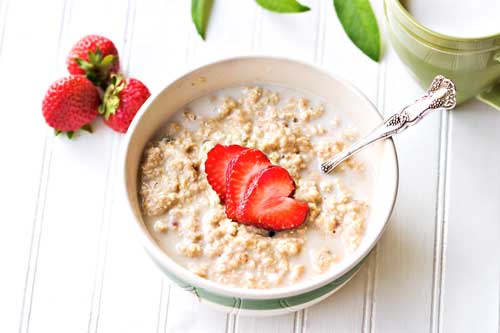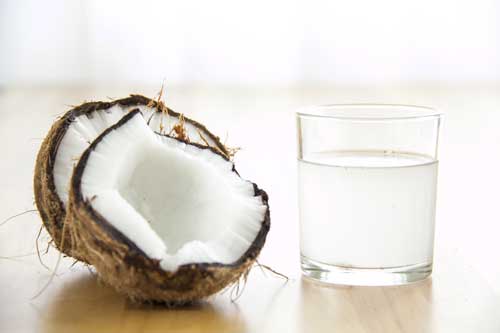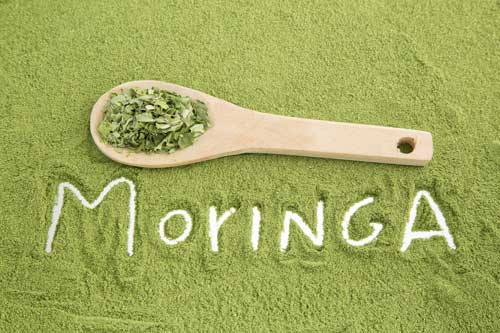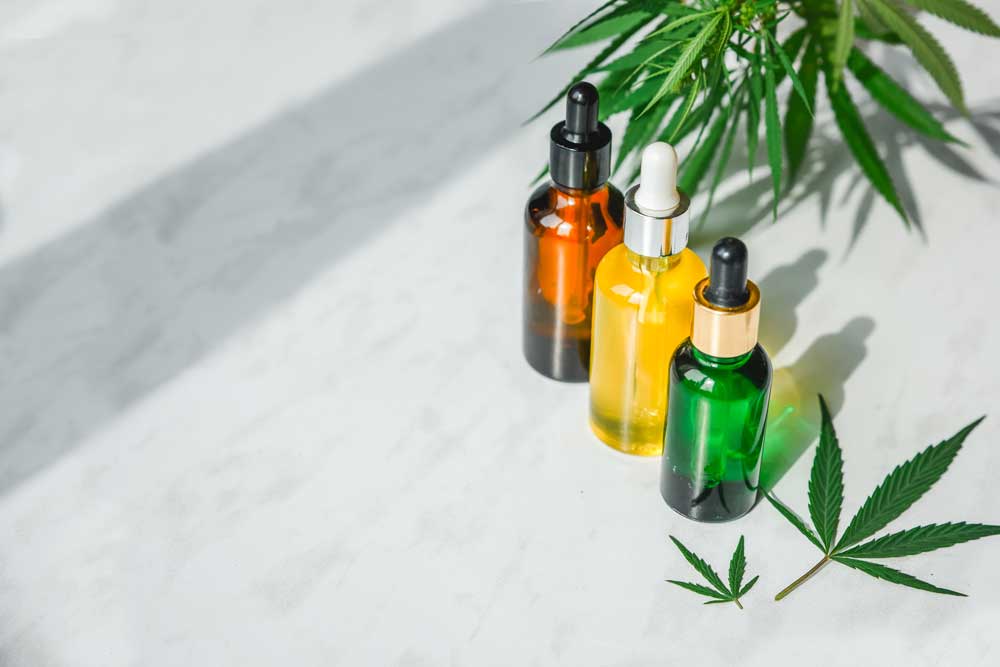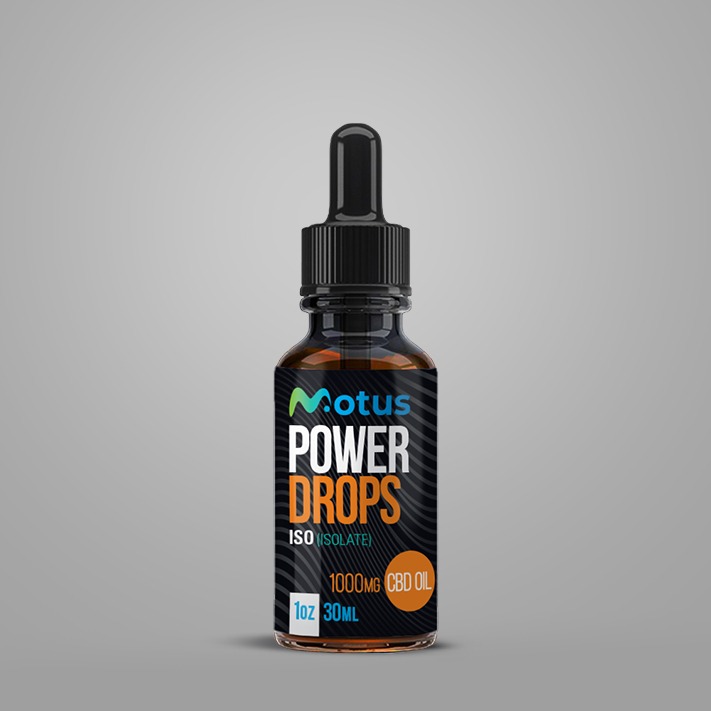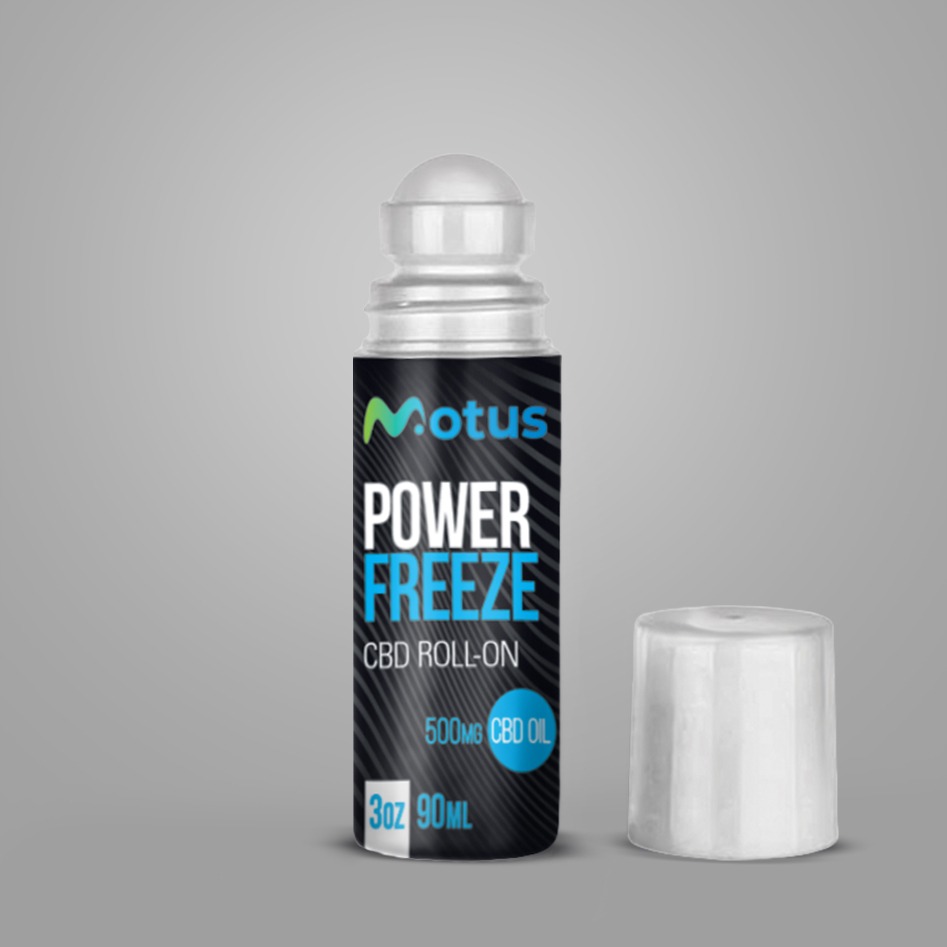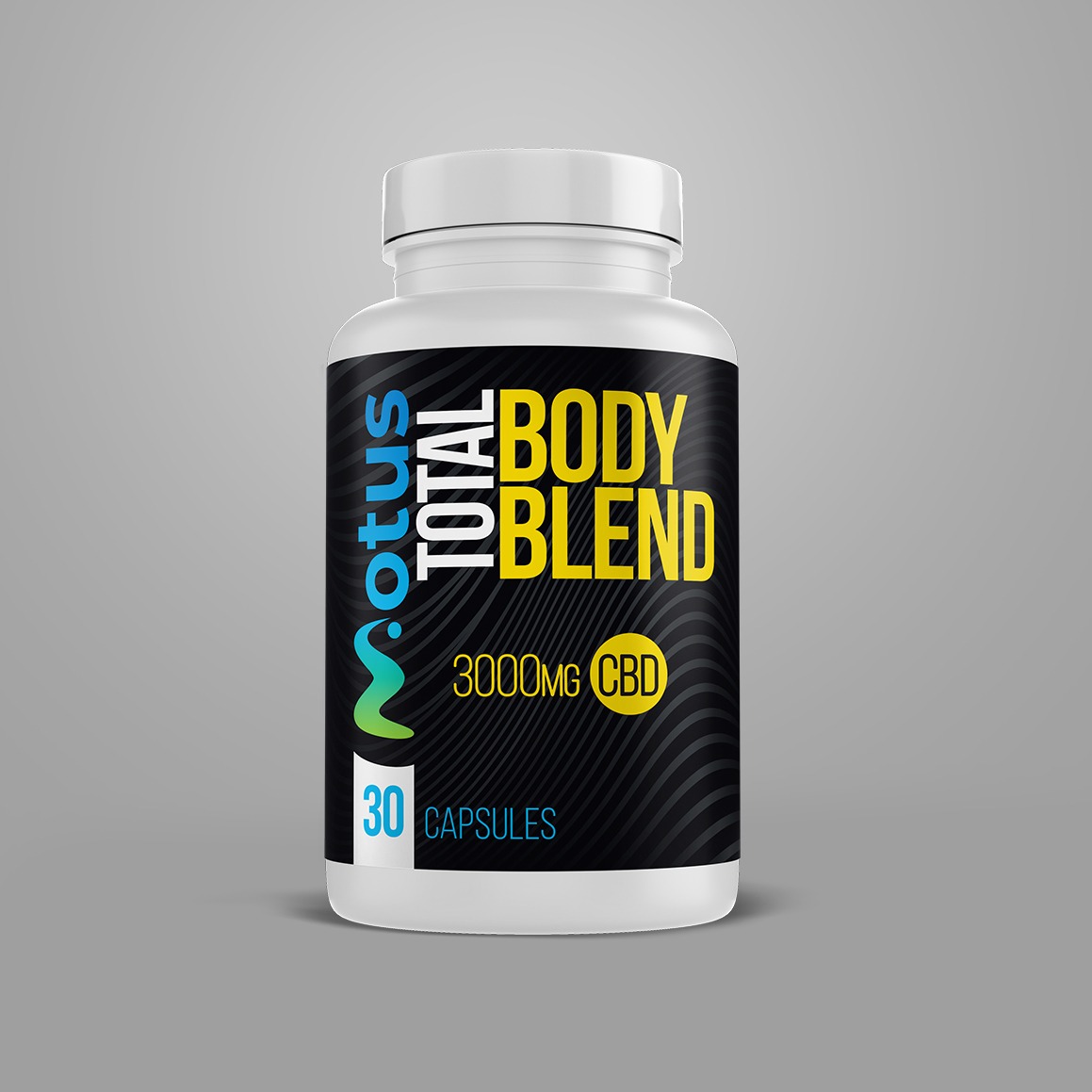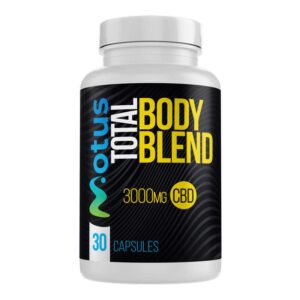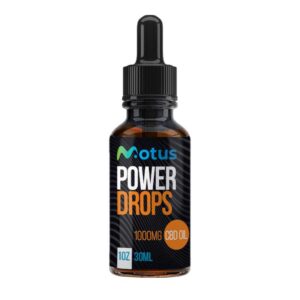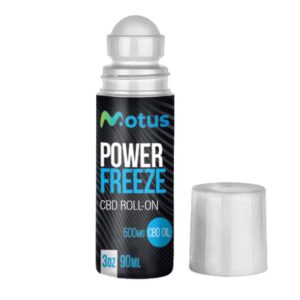There are many ways to stay in shape or maintain a certain level of health: workout, play sports, be active, eat healthy, or even play “mad scientist” and experiment with a cocktail of health & fitness supplements. There’s no “one true method” for everyone – lifestyle, biochemistry and genetics all play parts in determining how you stay happy & healthy. Most people hit the gym, play sports with their friends, subscribe to a particular diet they believe in, or any combination of these. No matter what school of thought you adhere to, when it comes to being healthy & fit we all have something in common: we’re pursuing improvement.
The commitment to oneself is the cornerstone of all workouts, any fitness routine, and all dietary factions. This shared investment in bettering ourselves is what sets active people apart from the rest. It takes drive, it takes hard work, but in the end we’re devoting all this time and energy into the most important thing we can: our own health, longevity and happiness.
It is this quest for continuous improvement that leads many people to seek out advantages wherever possible. Most of us have tried the run-of-the-mill workout routines and supplements: pre-workout, post-workout and protein powders, creatine, glutamine, BCAA’s, caffeine or ephedrine pills… the list drones on. Fewer among us still have committed to certain “fads” that can be advantageous, but also can prove to have some negative consequences. Whether you think protein overloading, zero-carb diets, lemon-cayenne cleanses or garcinia cambogia are helpful or not, ultimately what works for you totally your decision. In the end, it’s all about feeling good, looking the way you want, and living a life fulfilled.
That being said, we’re here to provide a few tips & tricks that we think are pretty awesome. Whether you’re ‘naturally inclined’ or if you’d rather stick to the science-backed, synthetic supplements out there, these are meant to be simple but effective add-ons to any health & fitness regime. Roll up your sleeves, and start your heavy lifting and we’ll spot you with a couple hot tips fresh out of the oven.
You Are What You Eat, So Eat Good!
We were being serious when we said we have some hot takes right out of the oven – or in this case, fresh out of the pot. Oatmeal. The perfect way to start your day.
Okay, so this one probably isn’t much of a secret, but we think not enough people are as excited about the benefits of oatmeal as they should be. Ask any athlete and they’ll tell you: this stuff is worth its weight in gold! Oats are absolutely full of good stuff: fibre, carbohydrates, proteins, essential fats, and a multitude of vitamins & minerals. Add to this (literally) some delicious and nutritious almond milk, coconut milk or heck, even OAT milk, and you’ve got yourself a steaming bowl of health.
Not only is oatmeal easily customizable – it pairs well with whatever you fancy! fruit, nuts, spices, candy, you name it – it has some legitimate benefits for fit/active people. Oatmeal brings to the table something we call “the Trifecta”: carbohydrates for energy, protein for muscle development, and fibre for gastrointestinal balance. Not only does oatmeal provide protein for body builders and carbohydrates for the running-addict, but it has been shown to be digested over time – granting avid oatmeal eaters a prolonged, time-released benefit of its significant source of iron, B vitamins and beta-glucans.
On top of all these benefits, oatmeal makes a hearty snack, a satisfying pre-workout breakfast, or an enriching post-workout meal. Oatmeal helps with blood glucose, keeps you regular – because who doesn’t want THAT – and its filling (you’ll eat less, feel full, therefore contributing to a slim-and-trim figure!).
Our recommendation? Start your day with a hot bowl of oatmeal with some coconut milk (calcium), hemp hearts (extra protein), cinnamon & coconut sugar (balanced blood sugar) and some banana slices (potassium). Just thinking about this delicious bowl of goodness makes us want to workout! (But we’ll continue writing this article).
Our bodies are mostly water, but h20 isn’t always enough
Staying hydrated is the bane of all active people. You’re constantly exerting yourself to improve your fitness, and in the process you body is losing liquids and essential minerals. It’s a consistent “cat and mouse” game of staying hydrated enough to be able to push yourself to the next level. Many of us have tried the usual suspects of gallons upon gallons of water, or fluorescent colored sports drinks. But what else is there?
‘Let’s be clear: water IS the essence of life. We’re not suggested that water is in any way a bad thing to drink; you quite literally need to drink it to survive. The human body is 60% water, so think of yourself as a giant glass – we need to keep topping it up as we lose some to our normal bodily functions. Water is never a bad choice. But like the saying goes “Hey, there’s water in beer!“, there’s some beverages you can drink that provide extra minerals, electrolytes or beneficial nutrients that water does not typically contain.
Introducing… Coconut Water: any tropical island’s second best gift to humankind (next to its beaches, of course). Coconut water, sometimes confused with coconut milk, comes from coconuts – an incredibly potent source of micro and macro nutrients. Coconut water is naturally low in calories for all you caloric counters out there. Perhaps the main reason people have been going (coco)nuts over this beverage is the electrolyte profile of coconut water. It can be a significant daily source for important compounds like potassium, calcium, magnesium, sodium, and phosphorus. Think of coconut water like ‘nature’s gatorade’ – it’s got all of the essentials you need to fight cramps, stay hydrated and maintain your energy but without the adverse sugar levels or food dyes.
Some people refer to the taste of coconut water (or coconut milk) as ‘nutty’ or ‘sour’. Listen, if you don’t enjoy the refreshingly sweet and clear taste of coconuts, then that’s your opinion… but we’re all for naturally balancing blood sugar, providing essential minerals to your hard-working muscles, and drinking less but staying more hydrated. Coconut water can actually help you drink less and contributes to water retention – your body is making better use of the enriched water it’s putting to good use, so you don’t have to down a 5 Gallon water jug every workout.
Our advice? Mix 1 L of coconut water with another liter of filtered water and add a hint of lemon or lime.
MORINGA FOR LESS
There are many green powders out there claiming to have all the answers for athletes, but very few can hold a candle to the nutritional potency of the mighty Moringa Leaf. No matter your activity – be it cycling, hiking, kayaking, rock climbing, parkour, cross fit or sports – Moringa has the balanced nutritional profile to provide a lot of what you need to be energized, stay in shape and feel good while doing it.
Moringa Leaf comes from the “drumstick tree”; commonly found in India & Asia, it is referred to as the “Tree of Life” by many of its proponents. It has been in use for everything from cancer prevention to immunity boosting by many cultures, but its recent popularity is thanks to the “Natural Health Products Boom” sweeping North America in the last couple decades. A return to the ‘natural ways’ is a welcome one, because versatile plant-based supplements like Moringa are packed with more vitamins and minerals than you can lift in weights!
Moringa Lead powder contains a veritable feast of beneficial nutrients for your body, mind and probably even your soul. 90+ vitamins (A, B’s, C, E & more!), 40-50 antioxidants, essential minerals, and omegas 3-6-9. Moringa even contains a decent amount of plant protein – on average 3 grams per tablespoon. What makes Moringa such a popular pre AND post workout product? It contains all 9 essential amino acids in addition to another 9 non-essentials. It’s clear to see by its resume of nutritional benefits why Moringa is so sought after by active individuals, but what effects does it have on the body?
Moringa has a reputation for regulating many things in the body: hormones, organs, even assisting with blood sugar levels and metabolism. When derived into a powdered form, the Moringa Leaf can provide:
- Balanced hormones
- Thyroid and blood glucose support
- Healthy liver, helps to prevent/reverse damage
- Antioxidants to fight free radicals
- Reduced inflammation
- Brain support
- Immunity support
- Helps to avoid iron, protein and B-Vitamin deficienies
The one drawback to Moringa? It involves the bathroom, and quick trips to it… Unfortunately, Moringa is so efficiently absorbed and made use of by your body that it has a habit of “running through you”. This laxative effect is undesirable, but it can be avoided with proper dosing of Moringa Leaf powder over time. Find your ideal amount (1/2 table spoon, 1 tablespoon, etc.) and just make sure you’re monitoring what your stomach is grumbling to you until you’ve built up a tolerance. But hey! This is just another indication of Moringa’s efficacy as a digestion aid (it just might be a little too efficient).
You make protein shakes and smoothies everyday, right? We recommend adding a carefully-measured-to-your-tolerance dose of Moringa Leaf powder to any shake or smoothie – it’s virtually tasteless so it goes with anything! Sprinkle this green goodness into your daily routine (1-2 time a day, as needed) and boom! You’ve got yourself a superfood, supernutrition, supersmoothie.
Hemp C.B.D: Certainly benefits dedicated-Athletes
Hemp, unlike its well known cousin cannabis, is Federally legal in the United States (December 2018, Farm Bill). Since its inception into the world of approved crops, all hemp-derived products have flooded the markets with a range of products. Most of Hemp’s popularity is in the realm of health & wellness, but it does have many industrial uses as well. Hemp seed oil contains omegas 3-6-9, Hempen rope/textiles are known to be very strong, “Hempcrete” is a concrete alternative growing in leaps-and-bounds, and the plant itself is a very fast, robust crop that can be cultivated on a large scale for a fraction of the cost of some others.
Hemp is very similar to its illicit cousin ‘Mary J’, but one of the defining reasons it was removed from the banned list was its low THC content. THC – Tetrahydrocannabinol – is the cannabinoid found most prominently in cannabis that is largely responsible for the psychoactive effects (or “high”) that people feel when they consume marijuana. Hemp is known to have very little (almost negligible amounts of THC) around <0.3% on average. For this reason, Hemp has been deemed safe for the public as it does not have any psychoactive association like its “dopey” plant relative.
The most notable reason Hemp is sky-rocketing to prominence is one of its plant compounds: Cannabidiol, best known by its moniker “CBD“. Cannabidiol is responsible for a wide range of health boosts: anti-inflammatory, pain blocker, sleep aid, mood balancer, mental booster, gastrointestinal support, and even helps in the fight against cancer. What can’t CBD do? That list is a lot shorter than its resume of benefits.
When it comes to Hemp CBD’s effectiveness for athletes or fitness pros, there’s another feather in Cannabidiol’s cap over its cannabinoid cousin THC: CBD was removed from the Prohibited Substances List by WADA (World Anti Doping Agency) in 2019. This means it’s approved, it’s been reviewed as safe, and it’s open for business to professional athletes and active individuals around the world. Remember when we called this article “Hidden Gems You Might Not Know About“? Well CBD isn’t exactly an unknown, but many people don’t realize that it’s been legalized by the U.S. Government, or that it is approved by WADA. Since it’s accepted among the highest tier of the fitness community, what’s stopping you from trying it?
Hemp Cannabidiol oil is a very diverse product: it can be taken under the tongue to be absorbed sublingually; it can be applied topically and rubbed onto sore or enflamed areas; and it can be added to food and drink to digested. Hemp CBD oil is a fantastic product for athletes because it is so versatile – it can be taken for an energy boost, to enhance mental focus, to improve sleep the night before a big performance, to soothe aching muscles or to reduce swelling/inflammation. CBD oil is also popular because it usually contains beneficial omegas-3-6-9. Hemp seed oil is a common carrier for CBD, and it naturally has a lot of synergistic effects with cannabidiol being from the same plant.
Topicals containing hemp-derived CBD have a broad spectrum of delivery methods: creams, gels, sprays, oils and roll-on applicators. Many athletes turn to the soothing relief of a CBD topical when pain or swelling strikes, or if they are injured and they want to avoid inflammation. Roll-on applicators are a great method of easing sore muscles, as the roller distributes CBD relief to the affected area it also massages the muscles. How quickly Cannabidiol is absorbed into the skin and how long relief lasts for are very individual, but generally speaking topicals are fast acting.
Hemp CBD capsules have gained traction in the last handful of years due to their convenience and consistency. Capsules have to be digested, so the effects of the encapsulated CBD usually take a bit longer to take hold. Nonetheless, the duration and potency of CBD ingested in this way are usually the longest/strongest. Many athletes take CBD as an energy-boosting pre-workout, or to calm their nerves/muscles as a post-workout.
Now That You Know, It’s Time To Go Pro
Whether you’re looking for an energy boost to beat your best time on the track, some pain relief to help you get back to the top of the leader board, or some overall support to reach that next level in gains at the gym, take these “hidden gems” with you. Ideally, you’ll be eating oatmeal every morning and chasing it with a coconut water-moringa-cbd smoothie (thank us later when you’re beating your own personal best in no time).


